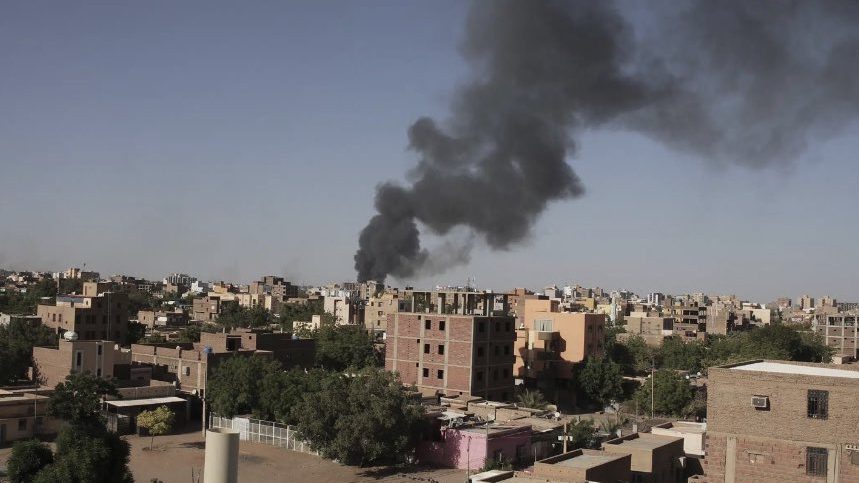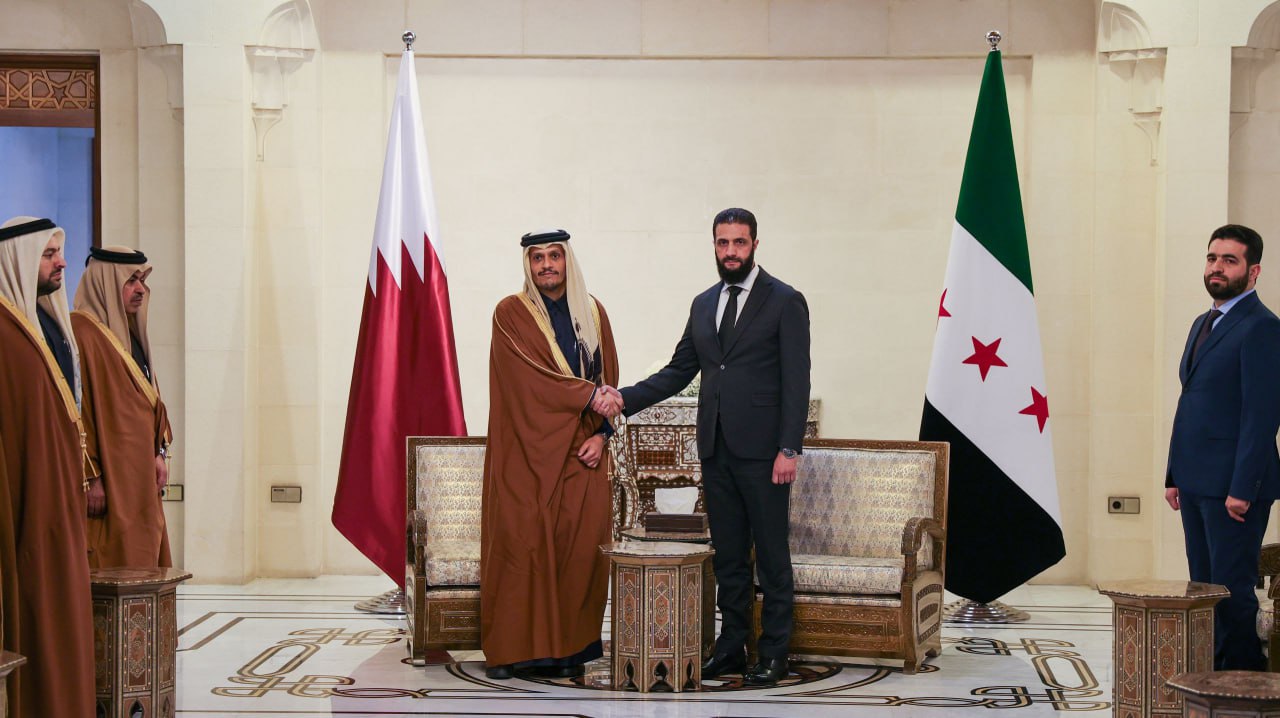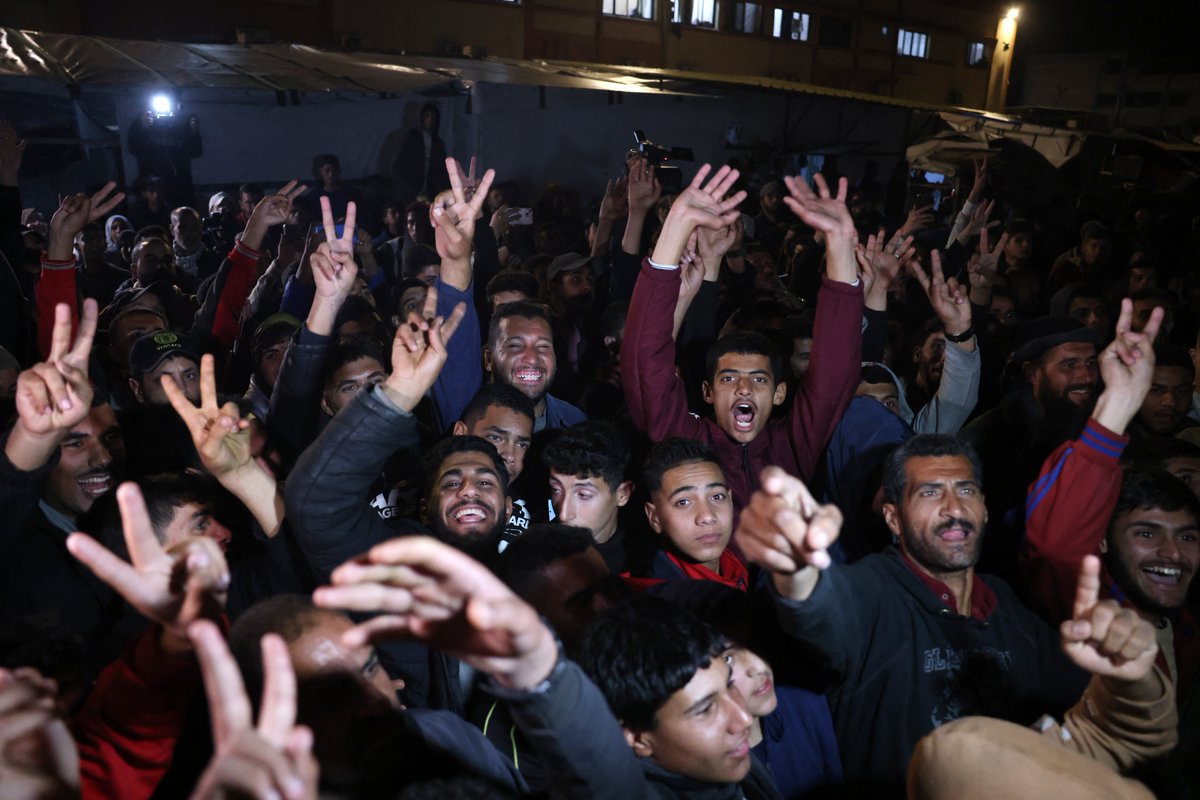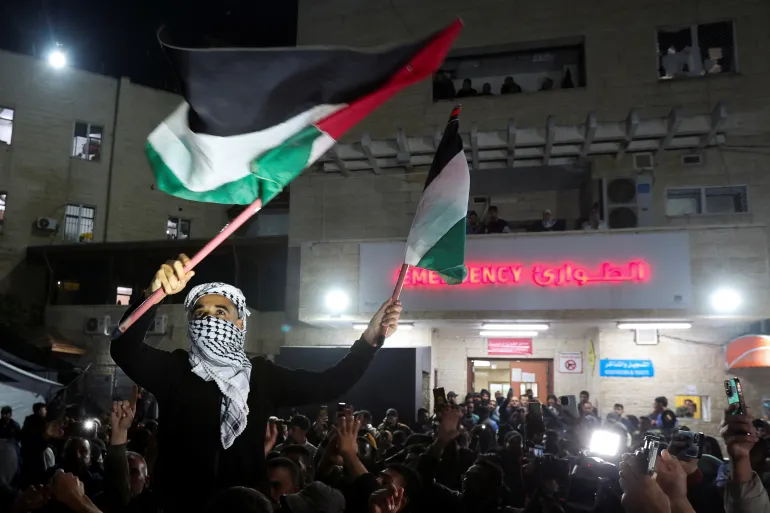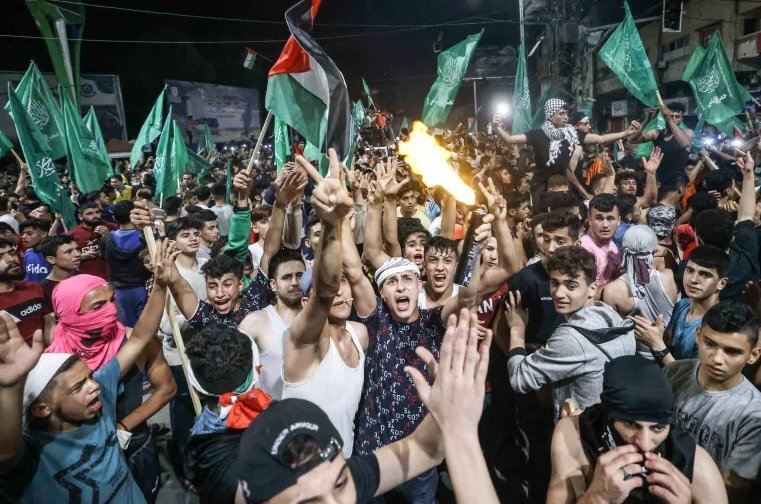Now in its eighth week, the conflict between the army and the RSF has put people in danger by cutting off their access to essential services and soaring lawlessness.
Qatar condemned the storming and vandalism of the Saudi Arabia and Bahrain embassies in Sudan on Thursday, calling for restraint as the conflict between the warring Sudanese sides continues to rage on.
Doha “strongly condemns the storming and vandalism of the headquarters of the Embassy of the Kingdom of Saudi Arabia in the Republic of Sudan, its attaché offices, the housing and property of Saudi embassy staff, the headquarters of the Embassy of the Kingdom of Bahrain and the residence of its ambassador in Khartoum,” the foreign ministry said in a statement on Thursday.
“It also stresses the need to provide protection for diplomatic missions and to prosecute the perpetrators and bring them to justice.”
The Saudi Ministry of Foreign Affairs condemned “the sabotage and violence carried out by some armed groups” on the embassy in Sudan as well its ambassador and embassy personel.
Reiterating Qatar’s stance, the statement said the country urges an immediate cessation of hostilities in Sudan and emphasising the importance of exercising utmost self-control, utilising rational discourse, prioritising the welfare of the general public, and preventing civilians from suffering the repercussions of the conflict.
The ministry expressed Qatar’s hope that all involved parties engage in dialogue and peaceful means to bridge their differences.
According to Bahrain’s Foreign Ministry, both the embassy and the ambassador’s residence were attacked and vandalised, causing structural damage to the buildings, reports said.
It emphasised “the need to stop acts of violence and vandalism in Sudan and to provide the full protection for the headquarters of diplomatic missions and civilian facilities.”
All parties involved in the conflict must “give priority to national interests and must respond seriously to the Saudi-US initiative” to put a halt to the war, it added.
Saudi Arabia and the United States issued a joint appeal on Sunday for the Sudanese Army and the paramilitary Rapid Support Forces (RSF) to agree on a fresh ceasefire to put an end to the ever-escalating hostilities.
Now in its eighth week, the conflict between the army and the RSF has put people in danger by cutting off their access to essential services and soaring lawlessness.
In order to provide humanitarian aid, Jeddah and Washington mediated negotiations that resulted in erratically observed ceasefires. But after the mediators claimed there had been multiple major infractions, last week’s talks broke down.
The warring sides in Sudan had already reached a consensus during the Jeddah negotiations to protect civilians and enable the flow of aid to people affected by the violence.
At the time, the agreement which went into effect on 22 May was viewed as unlike past ceasefires.
“Unlike previous ceasefires, the Agreement reached in Jeddah was signed by the parties and will be supported by a US-Saudi and international-supported ceasefire monitoring mechanism,” the US-Saudi statement read.
However, prior ceasefire agreements have collapsed due to violations from both sides.
According to Sudan’s Doctors’ Syndicate, more than 860 civilians have been killed since the beginning of the conflict in August, though the actual toll is believed to be higher.
The conflict has also forced almost 200,000 people out of their homes – many of which have headed to neighbouring countries. At least 700,000 people are thought to be internally displaced in Sudan.
Meanwhile, widespread looting has been attributed to a shortage of food and medicine as well as the departure of international relief organisations.
Power struggle
Sudan has struggled since longtime dictator Omar Al-Bashir was toppled in 2019 during a mass revolution in Sudan, during which protesters across the country demanded civilian leadership.
However, four months into the Sudanese uprising, military leaders signed a power-sharing agreement with the Forces of Freedom and Change (FFC) and formed a Sovereign Council. The declaration set late 2023 as the deadline for elections to elect a civilian administration.
In December, Sudanese political parties and the military signed a deal which aimed to pave the way for a two-year civilian transition period. However, the recent military coup has now disrupted Sudan’s journey to civilian rule.

